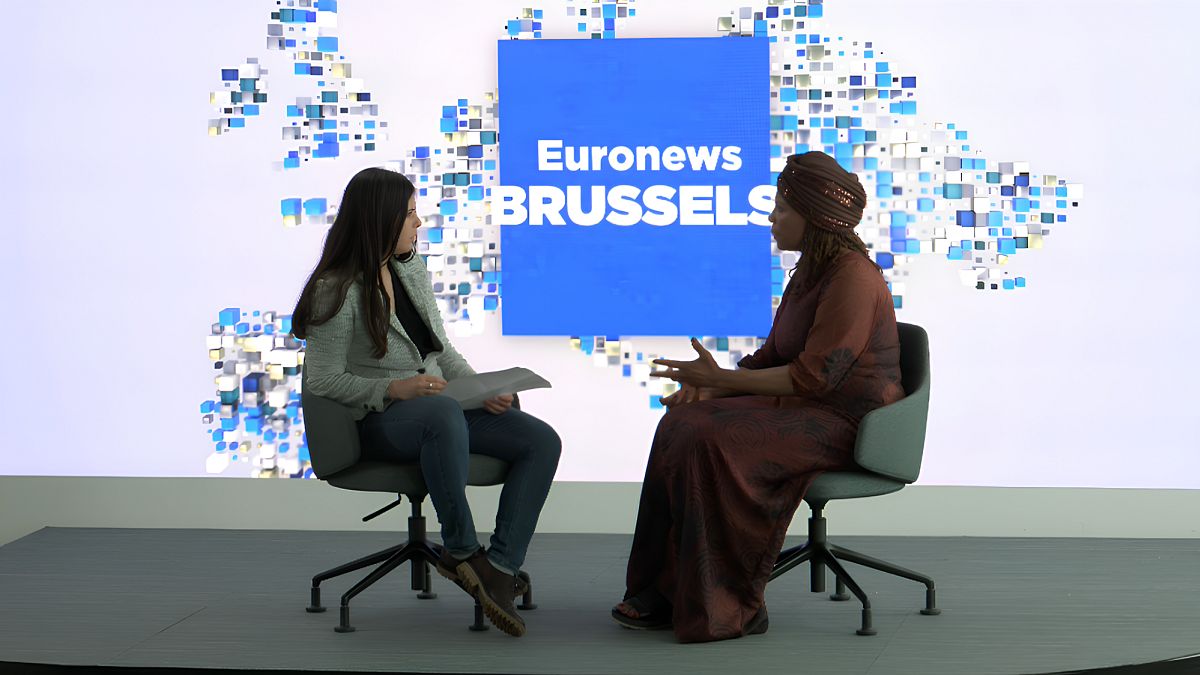Published on
Europe must not scale back its engagement with Africa as the global geopolitical landscape shifts, the director of the United Nations Development Programme’s (UNDP) Africa Bureau has warned.
“Africa has a great deal to offer, particularly in terms of its demographics,” she said. “With a very young population, the continent is projected to account for a quarter of the world’s population in the next century.”
This youthful demographic is particularly relevant for Europe, which faces an ageing population and increasing demand for young talent to drive innovation and growth, she said.
But the value of Africa to Europe goes well beyond people power, according to Eziakonwa.
“Africa is rich in critical minerals that Europe increasingly needs to power its future – especially as it reassesses global partnerships in the wake of the war in Ukraine,” Eziakonwa stressed, underlining the continent’s growing commercial importance.
Changing partnerships
According to Eziakonwa, the nature of the EU-Africa relationship is evolving. “What we’re seeing now, based on my conversations with various EU partners, is less a withdrawal and more a recalibration of the relationship. It’s a shift away from a traditional donor-recipient model toward a genuine partnership.”
Historically, the EU has invested heavily in African nations through both humanitarian aid and development projects across digital infrastructure, energy and migration. But Eziakonwa believes Europe must now look beyond its role as a donor and recognise Africa as a key strategic partner.
“Europe remains one of Africa’s largest donors—that hasn’t changed. But it’s time for Europe to view Africa not just in terms of financial aid, but to understand the broader value of the relationship.”
Growing competition
Recent years have seen the EU renew or expand agreements with countries like Tunisia, Egypt and Mauritania, many of which are implemented through European companies or government-affiliated entities.
Yet the continent is becoming an increasingly crowded space for global powers.
China continues to expand its economic footprint in Africa, while Russia is making political and military inroads, particularly in places like the Central African Republic. For Eziakonwa, this growing competition among global actors is a concern.
“It’s very difficult for a region like Africa to fully benefit from its partnerships when those partners are competing with each other,” she said. “Today, the world is increasingly divided, and many actors are pursuing strategies rooted in competition rather than collaboration. That’s a challenge for Africa.”
She stressed that no single country or bloc can offer Africa a one-size-fits-all solution.
“What Africa receives from China may be valuable, but it’s not comprehensive. The same applies to Europe. Real progress will come from a complementary approach, not a competitive one.”

